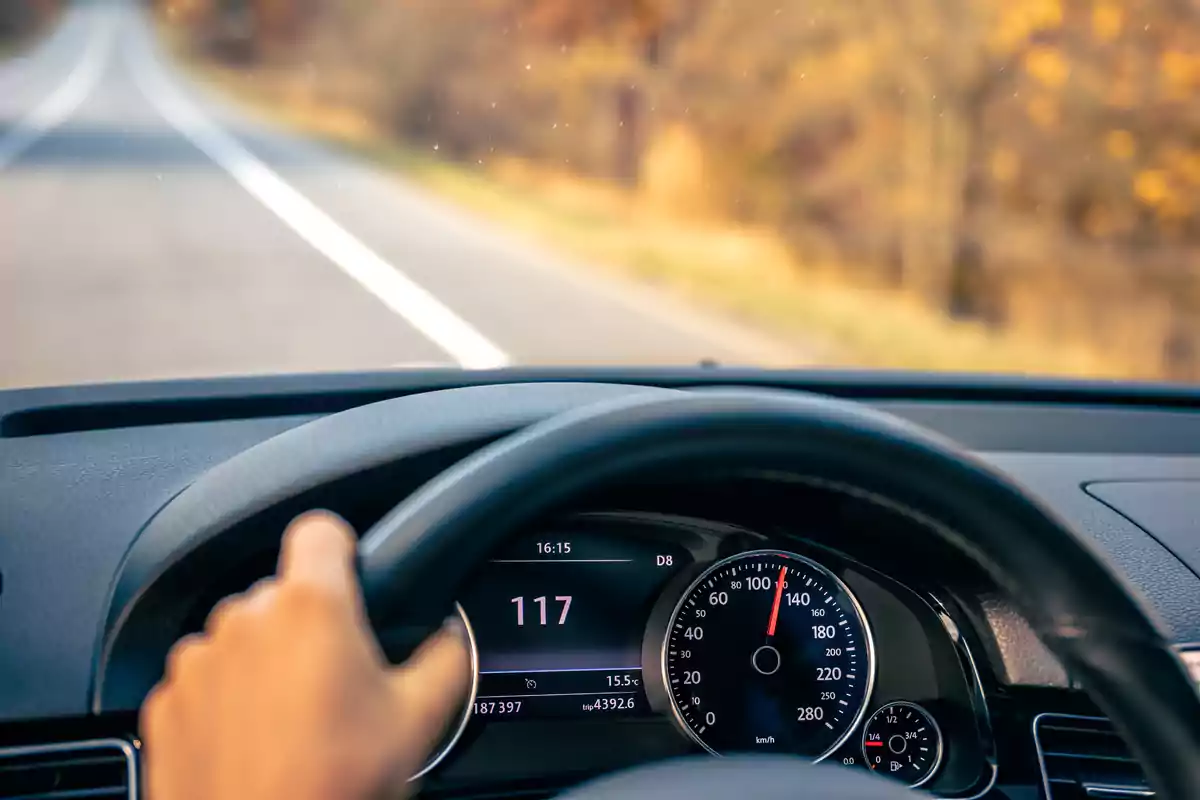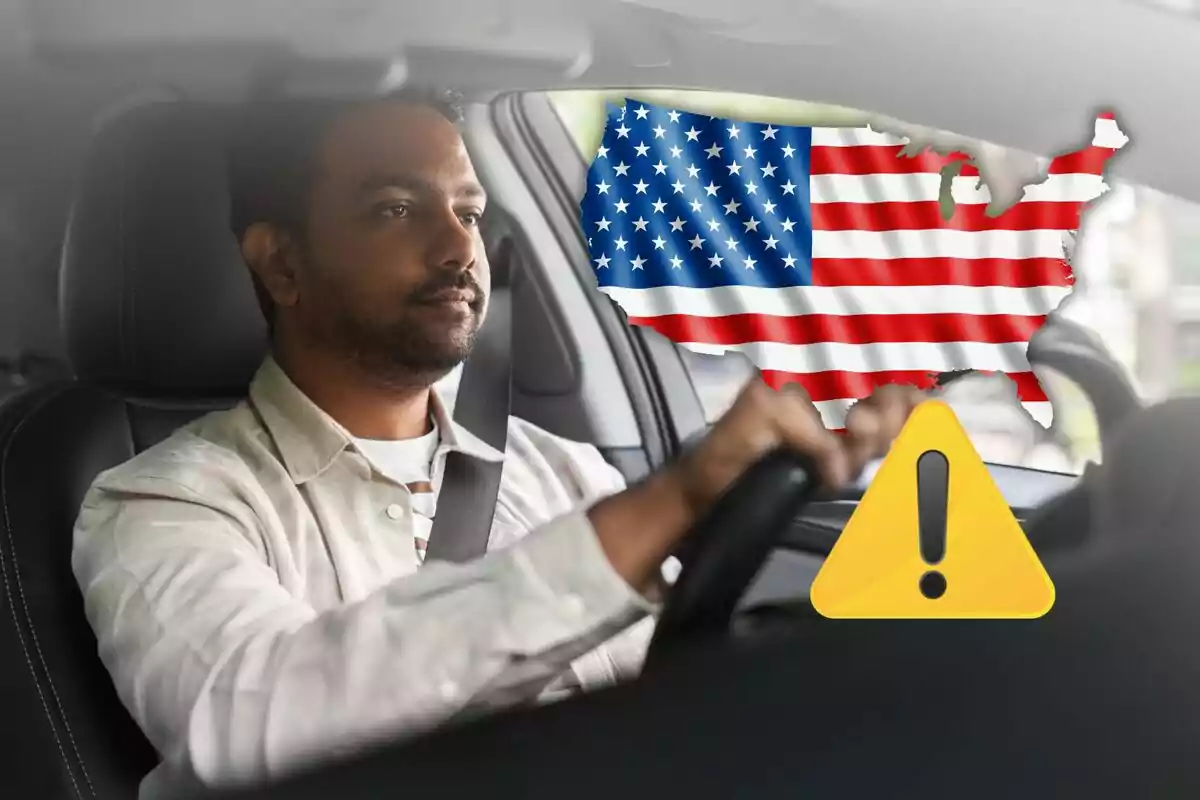In a neighborhood in Tampa, Florida, a group of immigrant families wait after a religious service. They don't go quickly to their cars; they're afraid to drive. Since the highway patrol can stop any driver based on their immigration status, driving is a risk.
Every trip, whether to work, the store, or church, becomes a gamble. Many have changed their habits to avoid being stopped. Among them, they turn off Spanish music so they don't attract attention.
Ashley, a young citizen, says that "putting the radio on in English" is now an unwritten rule for those who drive in these communities.
Unofficial rules that make a difference
The rules aren't in any regulations, but they're followed carefully. Foreign flags or stickers in Spanish aren't allowed on cars. Work uniforms or hats aren't worn inside the vehicle either.

María, a local businesswoman, explains that even avoiding white cargo vans is a common precaution. Vehicles like these tend to get stopped more often.
Traveling with people who have legal status is another rule they keep. Everything is to avoid a stop that could end in deportation.
The impact on the community
The fear of driving is affecting the local economy. María says that recently, more than 30 employees didn't go to work out of fear of being stopped. The project she manages came to a halt.
These limitations on mobility hit families and businesses hard. When people can't go out to work or shop, the local economy suffers.
Attorneys have filed lawsuits over stops they consider racist and based on profiling. Activists say that authorities are extending immigration control beyond the border.

Getting around the U.S., a real challenge
Moving between states isn't easy either. "S," a Colombian immigrant on parole, prefers to take long train trips instead of flying to avoid problems with authorities.
S says that even though he has legal permission, he's afraid of being stopped at airports or checkpoints. "On the train, nobody bothers you," he says with some relief.
Stories like his show how fear and surveillance have changed the daily lives of many immigrants. They not only have to avoid fines for Spanish music, but also face a system that limits their mobility and peace of mind.

